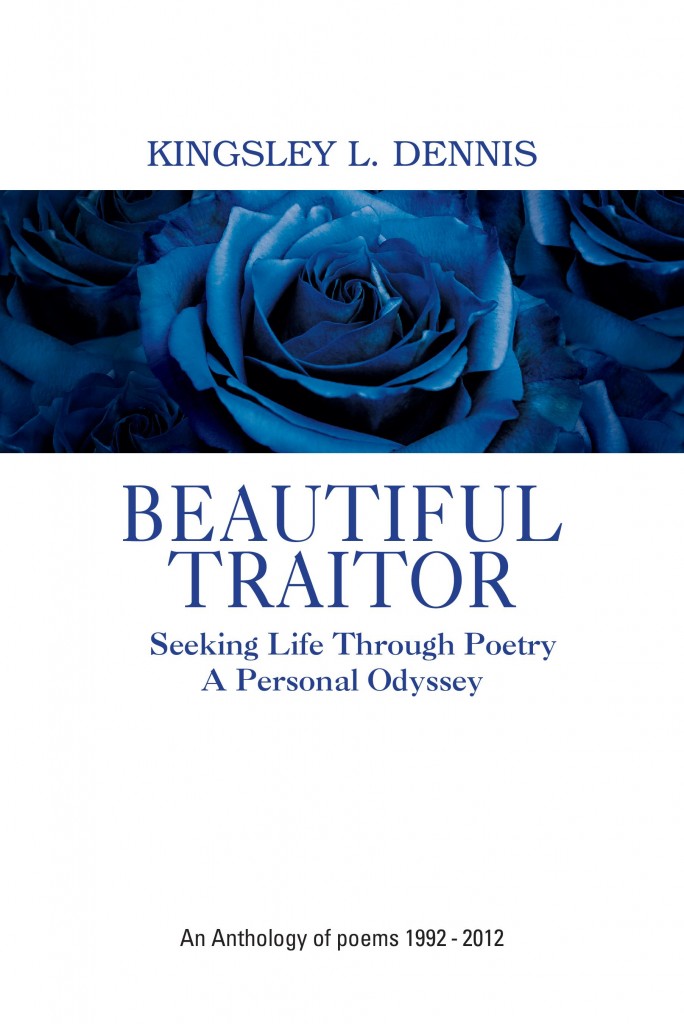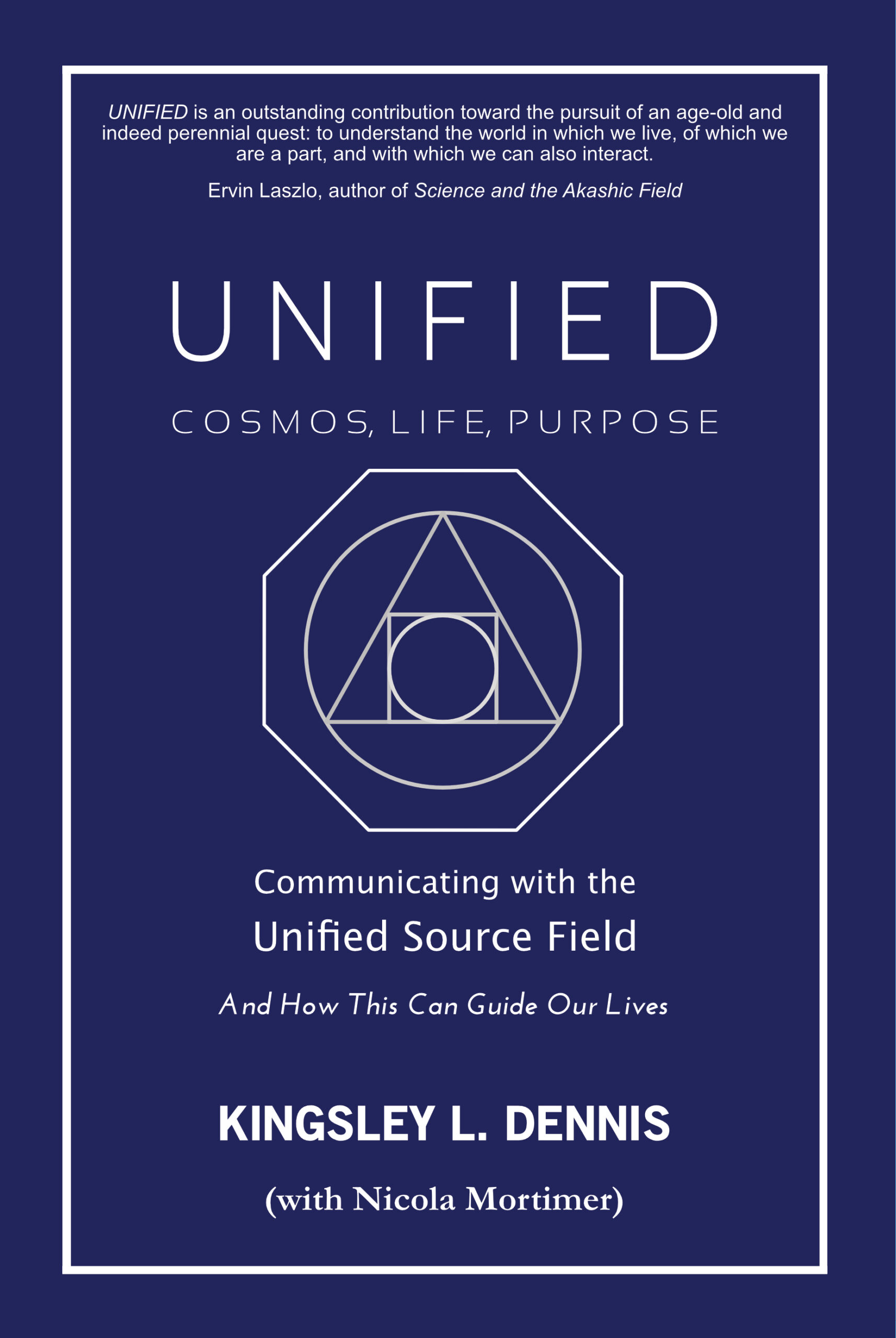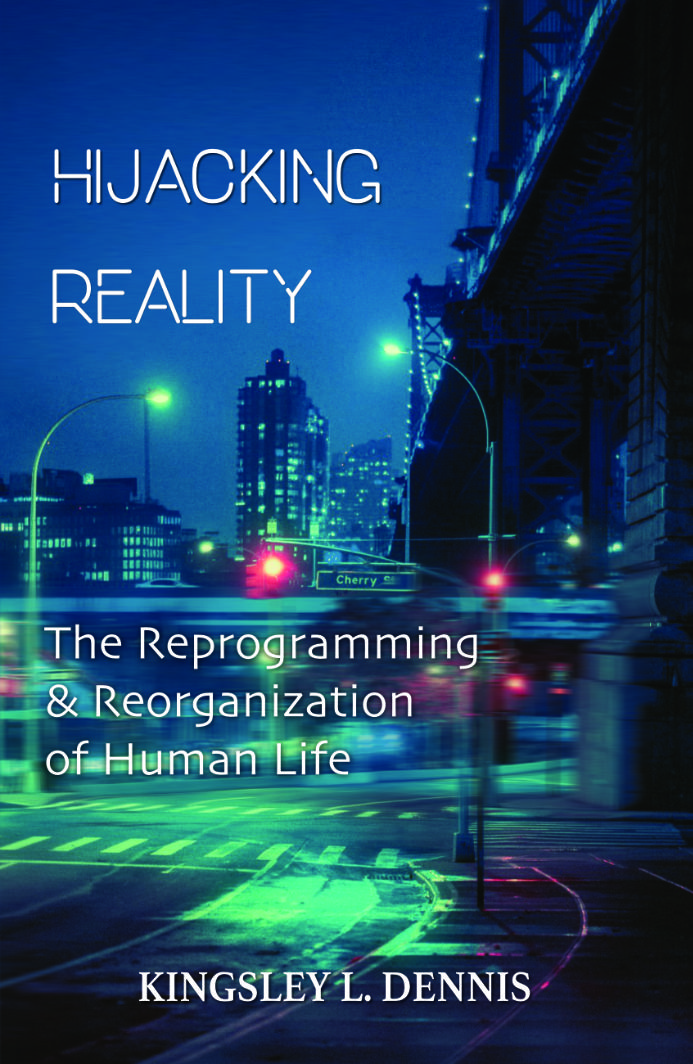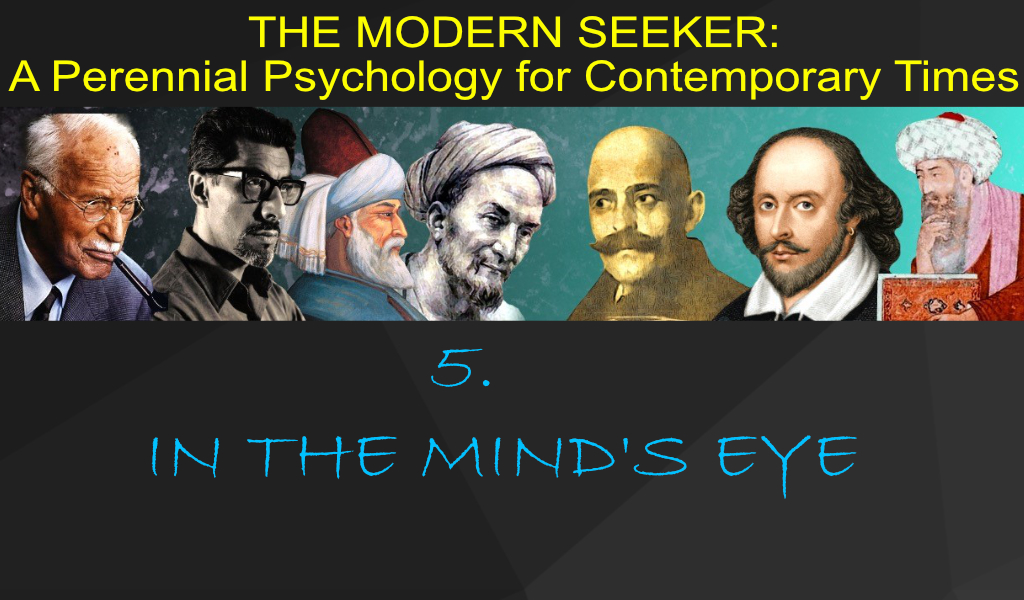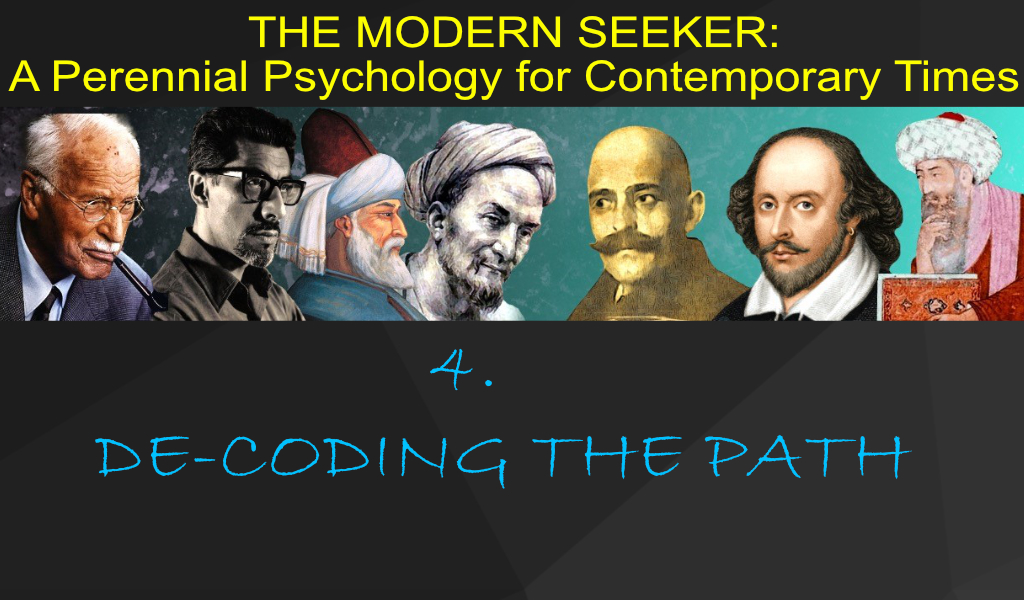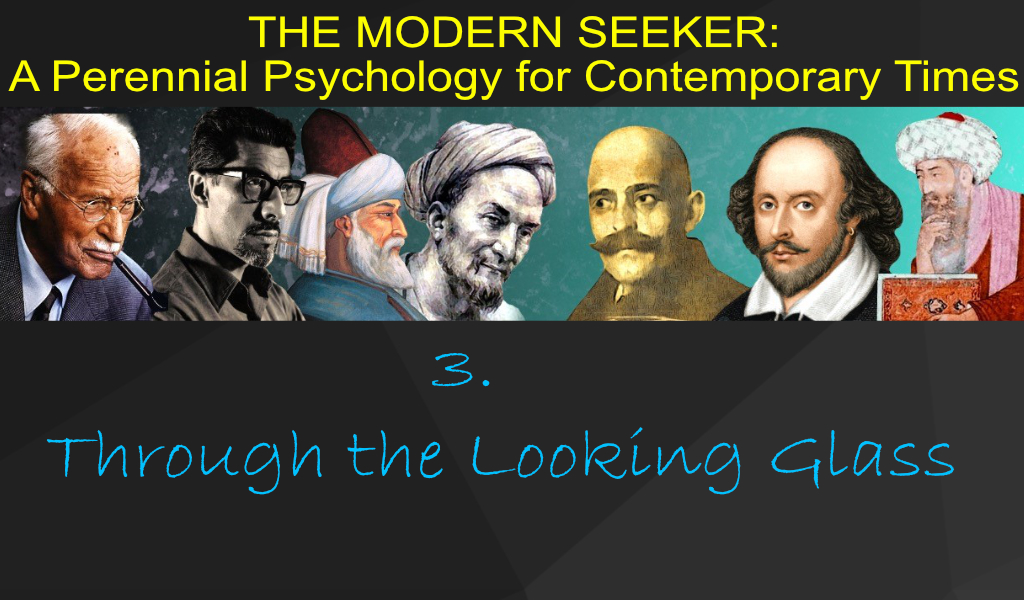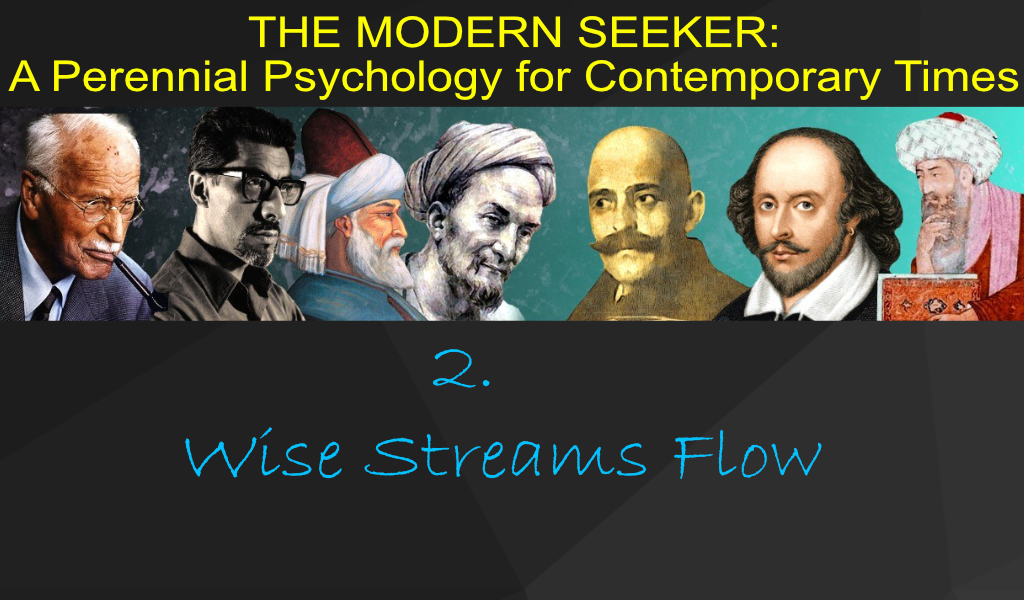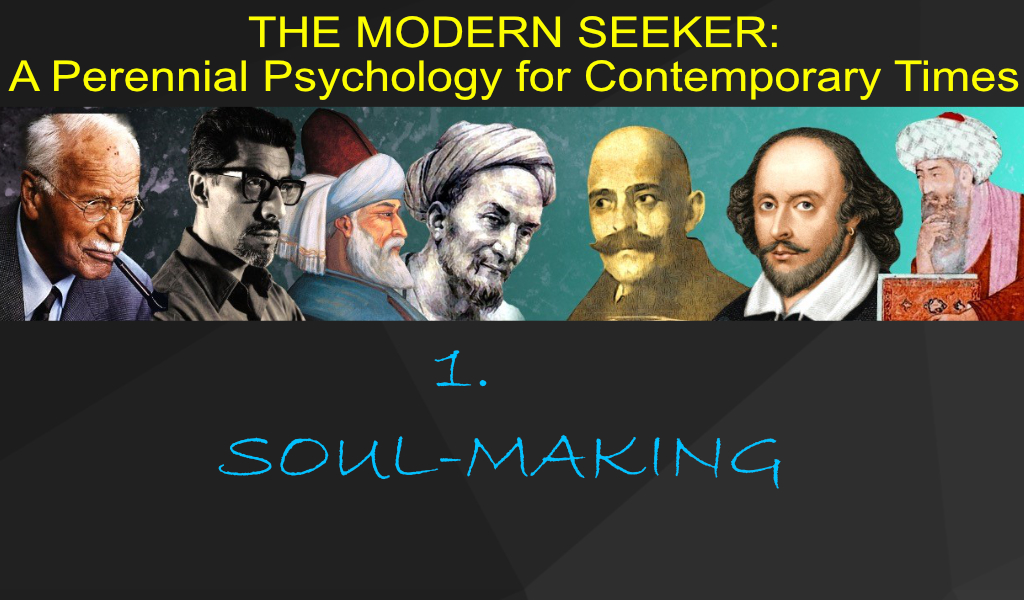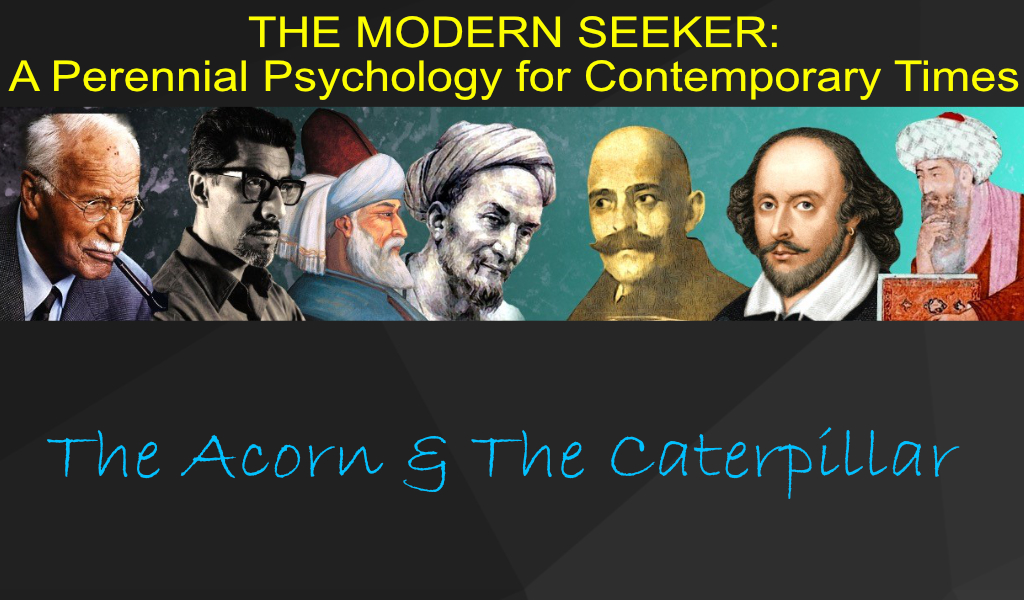For many of us, 2012 has felt like it’s been a continued test of endurance as aspects of our lives undergo change and challenge. Ever since the financial markets crashed in September 2008, the globalized world of international media has been telling us that we are all in crisis. The banks, we are told, are failing under incredible debt — despite the trillions of printed paper notes that were offered to float the financial world into Eden. The result is that untold numbers of people are pushed into situations of stress and financial difficulties as credit debt piles up, loans are called in, mortgages cannot be paid, jobs are lost or transferred elsewhere, etc., etc. — and all the time, the media bombards us with a perplexing array of crisis news, domestic trivia, and distracting entertainment (or should it be called “entrainment”?). Naturally, this resolves little except to create and indulge a confused state of mind.
This confusion is constructed in the world around us as our external projections — it is the wants, hopes, greed, security, possessions, etc. that we manifest in our heads to be the objects we reach out for. In other words, we have become accustomed to living in outreach rather than within reach. The consequences of this behavior, and state of mind, are that many of us increasingly live outside of our means. We then normalize this state of affairs; and if we slip away from this we then crave it more. The more we are accustomed to living amongst our external projections of possession and security, the more we are vulnerable to their absence, and their dire financial costs. Crisis is often a state of mind because we live in a world that is not in the present, or perhaps not even possible for us — so we create a world of falsity to supply the needs we either think or are persuaded to think we need.
We feel anger at the banks because they are the new robber barons* who exploited our needs and wishes for credit loans, houses, new cars, modern kitchens, etc. Then the banks were repaid with taxpayer’s money when their dubious trading practices turned to mush. Yet by not living with the reality of our present — by living within the allure of our external projections — we became weak and vulnerable to these temptations and promises of betterment. Their crises are now our crises for many of us because we bought into the same game, whether we understood the rules or not. We shared a similar state of mind; and this “mind” was lulled into living in a world where we thought we could have it all at little extra cost. We forgot about paying the ferryman**, his interest at 20 percent above inflation. To continue with this metaphor, it is like being stuck on the river, dependent upon the oars of another. Globalized media loves such an image that shows our collective predicament. Only that it is not a collective crisis.
Global transition is, as it says on the tin, a global phenomenon. Yet “crisis” is about a state of place as well as a state of mind; and this state of place is not universal. Where a person lives dictates, to various influential degrees, how one lives. As a traveler I have lived and traveled through various places that, as an English-born “Westerner,” I am socially unaccustomed to. Such places include Turkey, Jordan, Egypt, Morocco, and recently India. When I was driving through Morocco in late 2009 — a year on from the first financial troubles — I noticed how people did not appear to be involved in our crisis, as they had their own daily survival issues to deal with. They were living within the needs and struggles of their everyday present circumstances. Such living was focused upon another kind of world. It was still a world where crises existed, only that such challenges took forms related to their cultural context. These were immediate needs, and still very much within their means.
In my recent journey in India, and the intense experiences it offered me, I felt a similar sense of a people who lived within the present. The notion of a global banking and credit crisis just is not part of the everyday experience for many of the local Indians. And why should it be? After all, this is a context and situation that has largely been constructed and maintained by Western peoples forging a world that exists to provide for us beyond our means. This, like our insatiable exploitation of finite energy sources, is clearly unsustainable. So why are so many of us “addicted” to living in a world that projects beyond our present means? Is our mind-set — our greed for need — insatiable?
Perhaps this is one of the reasons why the world appears to becoming increasingly confusing for so many people. It is becoming a distorted fantasy — like walking through a carnival hall of mirrors where shapes and sizes are oddly and grotesquely distorted. These are the distortions and distractions of our externalized objects — our projections onto the reality-canvas around us. As the safety phrase on the side mirrors of motor vehicles so expressively warn us: Objects in mirror are closer than they appear. This is because the mirrors’ convexity, whilst providing a useful field of view, also makes objects appear smaller. Similarly, the mirrors of our perception distort the immediacy of our situation. Instead of living in outreach for a world that is constructed for us seemingly farther away — i.e., beyond our means — we need to be living much more within the present, and thus within sustainable needs and wishes.
The immediacy of our world — the “reality” of our essential life — is closer to us than it appears. Perhaps the side mirrors we manoeuvre our mobile lives by should serve as signs to awaken something more in us.
* A well-known term used in the 19th century that applied to businessmen, and thus businesses, who were viewed as having used questionable practices to amass their wealth.
** A reference to Greek mythology, where Charon or Kharon is the ferryman of Hades.



